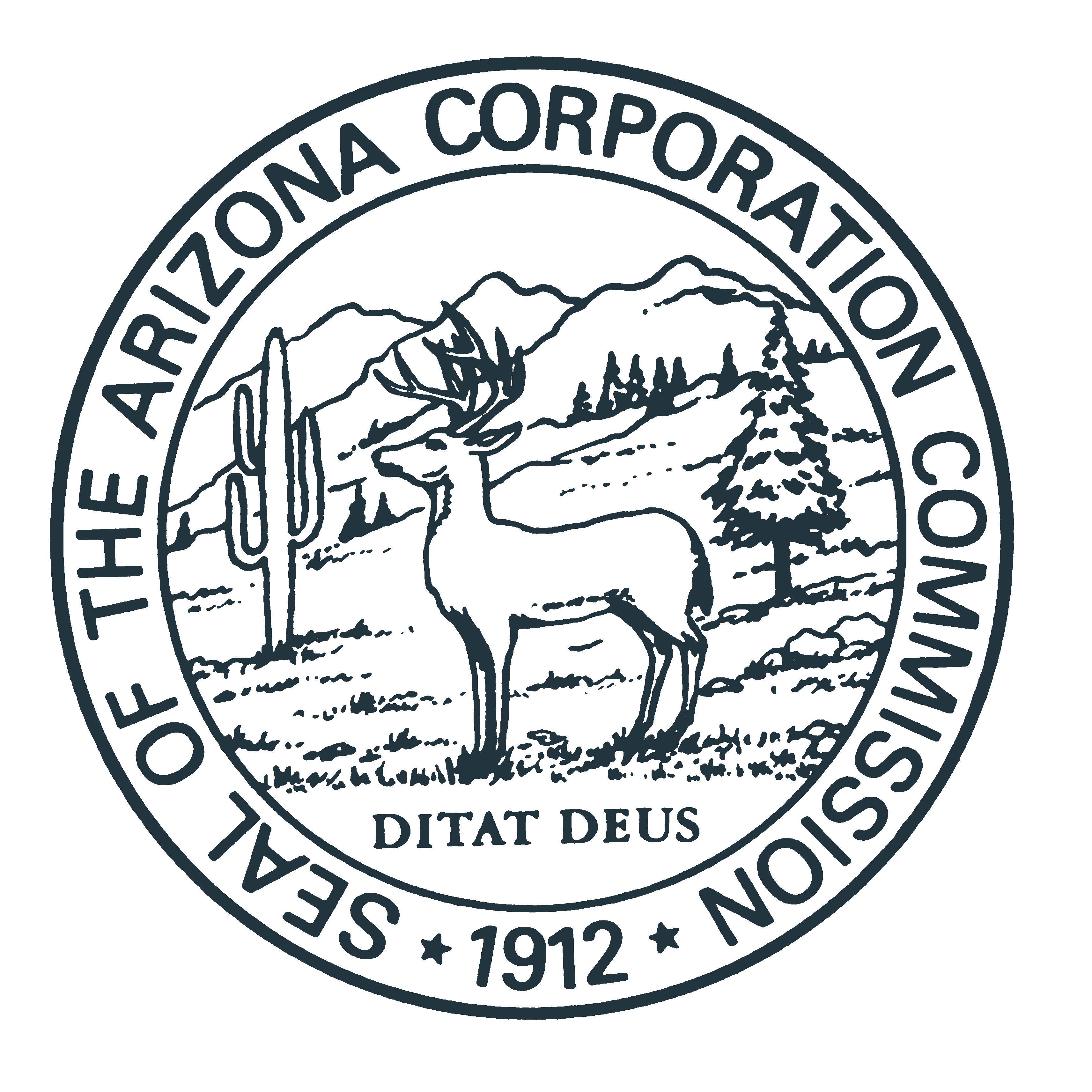Investment opportunities are everywhere - but not all are legitimate. Always check that both the person and the company offering an investment are licensed.
Every investment involves risk - the higher the potential return, the higher the chance of loss. Scammers target people who don't ask questions or research before investing.
Avoid "guaranteed" or "proven" investments - these are often scams. Ask for written information, review it carefully, and verify the sellers background through state licensing records.
If it sounds too good to be true, it probably is. Being informed is your best protection against fraud.
Con artists can make fake investments look real. Use the following fraud prevention tips to learn how to ask the right questions and verify the answers before you invest.
Protect Yourself Against Investment Fraud
16 Questions That Can Turn Off a Swindle
How to Ask and Check Before You Invest

 The evil of “affinity fraud” is that normally savvy or even suspicious people let their guard down when offered an investment by a member of a group to which they belong and with whom they have a common background and interest—whether ethnic, religious, professional, or the military. Your checkbook is simply more likely to open when the approach is made by a member of your own group or when you hear other members of the group are investing.
The evil of “affinity fraud” is that normally savvy or even suspicious people let their guard down when offered an investment by a member of a group to which they belong and with whom they have a common background and interest—whether ethnic, religious, professional, or the military. Your checkbook is simply more likely to open when the approach is made by a member of your own group or when you hear other members of the group are investing.
Unfortunately, con artists and unscrupulous investment promoters often tout a legitimate or fabricated group affiliation to gain your trust. Before you consider investing, arm yourself with some fraud prevention tips:
Beware of testimonials from other group members. Scam artists frequently pay out high returns to early investors using money from later investors.
Do your homework by getting a prospectus or some form of written information that details the risks in the investment and procedures to get your money out.
Get professional advice from an objective third party not in your group– accountant, attorney, or financial planner–to evaluate the investment.
Read more about how to stop affinity fraud in your community.
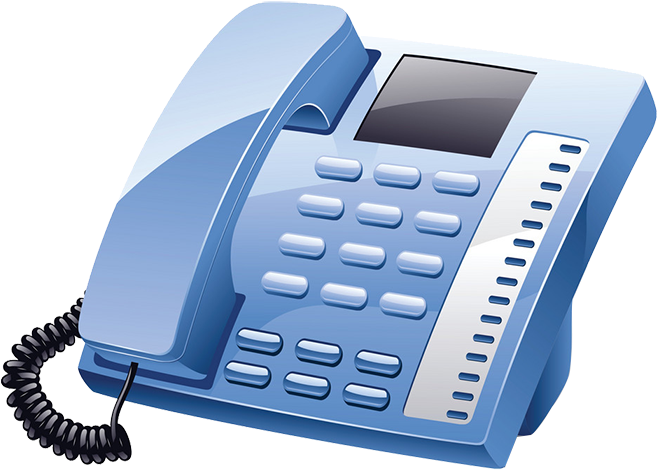
The term "boiler room" is commonly understood to be a short-term office set-up of multiple computers, telephones and an impressive-sounding address. Boiler rooms earn their name from the "heat" and high-pressure sales tactics generated by callers who try to convince investors to part with their money. The type of investment scam generated from boiler rooms is limited only by the promoter's imagination, and these operations are continually reinventing and refining their bogus investment programs.
Be aware and have a healthy level of cynicism about any investment offer made over the telephone from "out of the blue." Telephone pitches are read from prepared scripts with quick and convincing answers to most common objections. If an offering is very low risk and offers a high return, if you can't lose, or if the investment is sure to "go public" and then double, triple or quadruple, recognize that if that truly was the case, the caller wouldn't have to call in you in the first place.
Read more about how boiler rooms operate.

What is forex (foreign currency) fraud? Foreign currency exchange rates, commonly known as "forex," are the costs to exchange one country's currency for another country's currency. Since currency exchange rates fluctuate, traders can participate in the forex market as speculators (individuals and companies who buy and sell foreign currencies) hoping to profit from changes in the currency rates.
Like any investment, forex investments can be abused. So, how does an investor know if the forex investment program advertised on the radio, newspaper or website is a potential scam? Here are some warning signs:
Obtain important background information about forex dealers and their salespeople from the National Futures Association (NFA) at www.nfa.org.
Read more about forex fraudand what questions you need to ask when buying forex investments.
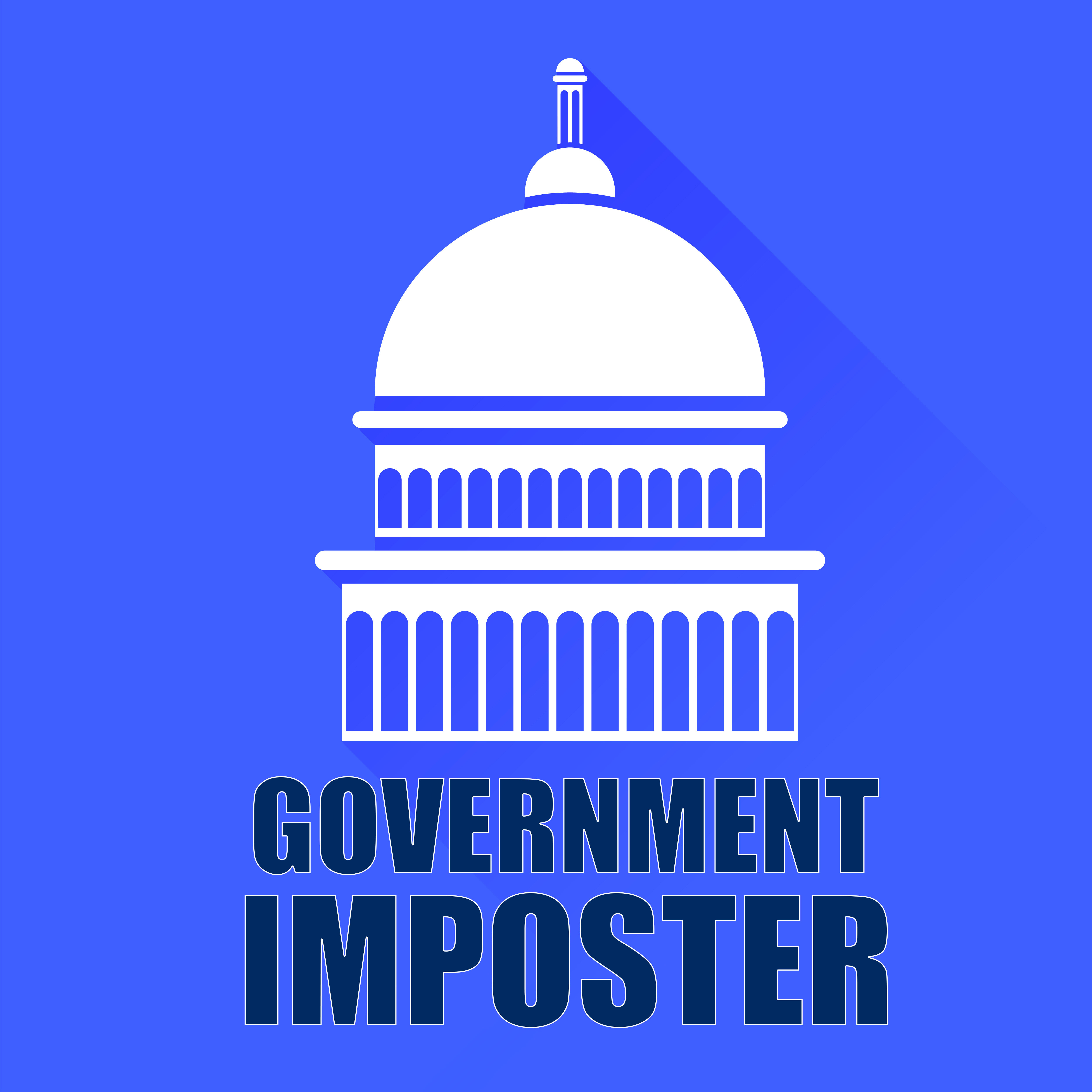 To reduce the possibility of investors falling victim to fraud, state and federal regulators, including the Securities Division, urge investors to verify license status and product information before handing over any money. Now, scam artists are doing the same--only with different intentions. Clad with official-sounding agency names and authentic-looking websites, fraudsters cloak themselves in the garb of legitimacy only to steal your hard-earned savings.
To reduce the possibility of investors falling victim to fraud, state and federal regulators, including the Securities Division, urge investors to verify license status and product information before handing over any money. Now, scam artists are doing the same--only with different intentions. Clad with official-sounding agency names and authentic-looking websites, fraudsters cloak themselves in the garb of legitimacy only to steal your hard-earned savings.
The ploy of a government imposter, of course, is to appear legitimate in order to gain your trust. But appearances can be deceiving. Some of these fake entities discuss fraud prevention, urging you to order brochures and contact them for more information. Here's the catch: none of the organizations had any legitimate ties to real regulatory agencies or organizations.
Read more about how to recognize a government imposter scam.
 Fraudulent oil and gas deals are most often structured with the limited partnership (or other legal entity) in one state, the operation and physical presence of the field in a second state, and the offerings made to prospective investors in states other than the initial two states. With this type of structure, there is less chance of an investor dropping by a well site or a nonexistent company headquarters to check things out.
Fraudulent oil and gas deals are most often structured with the limited partnership (or other legal entity) in one state, the operation and physical presence of the field in a second state, and the offerings made to prospective investors in states other than the initial two states. With this type of structure, there is less chance of an investor dropping by a well site or a nonexistent company headquarters to check things out.
By acquiring interests in a "proven" oil field or in the immediate vicinity of other proven oil fields, investors are promised "can't-miss" opportunities for great wealth. Similar to mining ventures, oil and gas promoters frequently offer new and secret methods for reclaiming missed oil reserves on previously drilled oil fields. Typically, scammers invest false or misleading information about oil and gas properties to lure investors and keep them on the hook in the bogus investment.
Read more about what questions to ask when considering an oil and gas investment opportunity.
 In a Ponzi scheme—named after the infamous con man Charles Ponzi—the promoter pays investors from money received from other investors. The investors are not required to do anything except hand over their money.
In a Ponzi scheme—named after the infamous con man Charles Ponzi—the promoter pays investors from money received from other investors. The investors are not required to do anything except hand over their money.
In a pyramid scheme, the promoter generally ignores the marketing and selling of the features and benefits of the company's product or service, and merely promises commissions just for recruiting new members.
Both Ponzi and Pyramid schemes are designed to benefit the promoter and a handful people, including the initial investors who then become unwitting promoters of the scheme as they show off the actual monies they have received for their monetary participation. But the house of cards eventually collapses as the promoter needs increasing numbers of new investors to sustain the promised returns.
Don't be fooled by this type of scam even if your friends and family are convinced it is legitimate by understanding the anatomy of a Ponzi-Pyramid scheme. View more about the largest Ponzi-like crime of the century, which involved Bernie Madoff.
 With its rich mining history, Arizona is still plagued with the problem of fraud in the precious metals mining industry. Fraudsters may offer official-looking geological surveys or financial statements, when in reality there is little or no current production. In one typical scenario, the promoter claims to have exclusive mining rights to profitable mines, but in actuality, the company does not have any mineral rights to the land or is defunct. In many instances, the amount of ore in the soil is so minuscule that extraction is not economically feasible.
With its rich mining history, Arizona is still plagued with the problem of fraud in the precious metals mining industry. Fraudsters may offer official-looking geological surveys or financial statements, when in reality there is little or no current production. In one typical scenario, the promoter claims to have exclusive mining rights to profitable mines, but in actuality, the company does not have any mineral rights to the land or is defunct. In many instances, the amount of ore in the soil is so minuscule that extraction is not economically feasible.
In another typical scenario, the promoter, while touting a geology degree and decades of industry experience, points to a revolutionary process to extract precious metals from anything from volcanic cinders to sediment clay used to make kitty litter. Investors are encouraged to cash out of their poor performing investments and switch to the new, precious metals investment, which may be nothing more than “fool’s gold.”
View an investor guide on mining investments, which includes questions to ask before you invest.
 What is a prime bank scheme? In this type of scam, promoters of prime bank notes often claim investor funds will be used to purchase international financial instruments in overseas markets to generate triple-digit returns with little to no risk.
While foreign banks actually use financial instruments called "bank guarantees," investors need to know that such financial instruments are never sold to the public in any kind of market.
What is a prime bank scheme? In this type of scam, promoters of prime bank notes often claim investor funds will be used to purchase international financial instruments in overseas markets to generate triple-digit returns with little to no risk.
While foreign banks actually use financial instruments called "bank guarantees," investors need to know that such financial instruments are never sold to the public in any kind of market.
As part of the facade, prime bank note fraudsters distribute documents that appear complex, sophisticated and official, telling potential investors that they have special access to programs typically reserved for top financiers on Wall Street and other
world financial centers. Sometimes the promoters tell potential investors that their programs do not involve prime bank instruments and use terms such as "high-yield bank debentures" or "revolving credit guarantees" in an attempt to appear legitimate.
Finally, the investor is sometimes required to execute a “confidentiality agreement” and is told not to consult an attorney, accountant or financial planner or risk not being allowed to invest in the program.
Read more about Prime Bank Note Fraud, an alert from the FBI.
 Be aware that investment opportunities in real estate can trick unwary investors into buying into unregistered securities or worse yet—scams. Your interest in a real estate investment opportunity may begin with a trusted family member, friend, neighbor or business associate who approaches you to talk about some impressive financial gains. An advertisement in a popular newspaper or online service
catches your eye with a promise of guaranteed returns secured by an interest in a piece of real estate.
Be aware that investment opportunities in real estate can trick unwary investors into buying into unregistered securities or worse yet—scams. Your interest in a real estate investment opportunity may begin with a trusted family member, friend, neighbor or business associate who approaches you to talk about some impressive financial gains. An advertisement in a popular newspaper or online service
catches your eye with a promise of guaranteed returns secured by an interest in a piece of real estate.
Whether a real estate investment is a security or not is not always easy to determine and depends upon the unique facts and circumstances of the transaction and not on what a promoter calls the investment product.
A general rule of thumb with which to start is that if you as the investor are not in control of the real estate transaction and are expecting a return on your money, the transaction probably involves a security. Because the investment may involve a chunk of your life savings, consider consulting with an attorney knowledgeable in securities law to provide a legal interpretation for you and evaluate any exemptions claimed by the promoter.
View an Investor Alert on real estate investment fraud issued by the Commission's Securities Division.
 In a viatical or life settlement contract, an investor purchases the right to receive a portion of the death benefit of a life insurance policy or pool of policies. The investor may become a beneficiary of the policy or sometime an owner of
the policy. While there are sound, reputable companies that offer viatical or life settlements commonly known as "viaticals," these investment may pose high risks of financial loss and are sometimes ground for abuse by unscrupulous individuals.
In a viatical or life settlement contract, an investor purchases the right to receive a portion of the death benefit of a life insurance policy or pool of policies. The investor may become a beneficiary of the policy or sometime an owner of
the policy. While there are sound, reputable companies that offer viatical or life settlements commonly known as "viaticals," these investment may pose high risks of financial loss and are sometimes ground for abuse by unscrupulous individuals.
Fraudsters tell investors their money is "safe and guaranteed" as they gloss over or fail to disclose investment risks. Moreover, viatical and life settlement promoters may advertise a return on investment that seems enticing, but this percentage rate can be misleading as the "annual" return cannot be calculated until the policy matures, which means the insured has died.
Additionally, some insurance policies may be "clean sheeted," meaning the insured misrepresented his or her health status or medical history during the application process. Life expectancies become grossly and recklessly underestimated, thereby inflating the potential return on the investment. Some insurance policies are manufactured out of thin air and don't even exist.
Read more about how to avoid viatical schemes, including the questions you need to ask before you invest.
What is a Pig-Butchering Scam?
Pig Butchering is a term or metaphor that describes a scam perpetrated over a long period of time to steal the victim's money repeatedly via online apps. Also known as "Killing Pig Plate" or "Sha Zhu Pan" this scam started in China around 2019 and victims have lost millions worldwide. The name comes from the practice of fattening a pig before slaughter,
and many modern pig-butchering schemes are associated with digital asset
frauds.
Many of these schemes are affinity frauds heavily tied to emotion that put the victim "under the ether." Perpetrators of pig-butchering schemes contact victims – oftentimes seemingly at random – and develop relationships before soliciting greater and greater investments.
Know the red flags.
There are a number of signs and indications that can alert you that your person of interest is NOT who they say they are, which means you could be the victim of a romance scam. One warning sign is related to the speed at which the perpetrators "fall in love" with their victims, a term known as 'love bombing', which means the person is constantly sending of signs of affection and affection that are hardly credible due to the short time that has passed since the beginning of the alleged relationship.
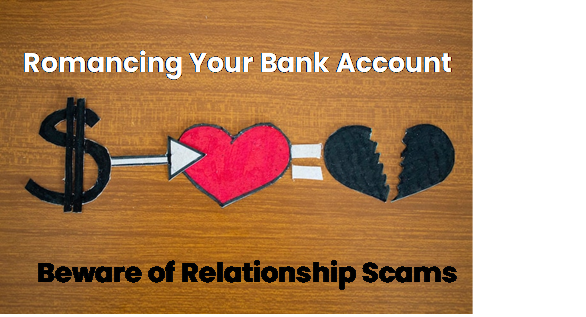
The Slaughter.
After draining the victim of his or her money, the promoter simply disappears or "ghosts" the victim and moves on to the next person. Learn more about pig-butchering investment scams and affinity fraud.
What Are Crypto ATMs?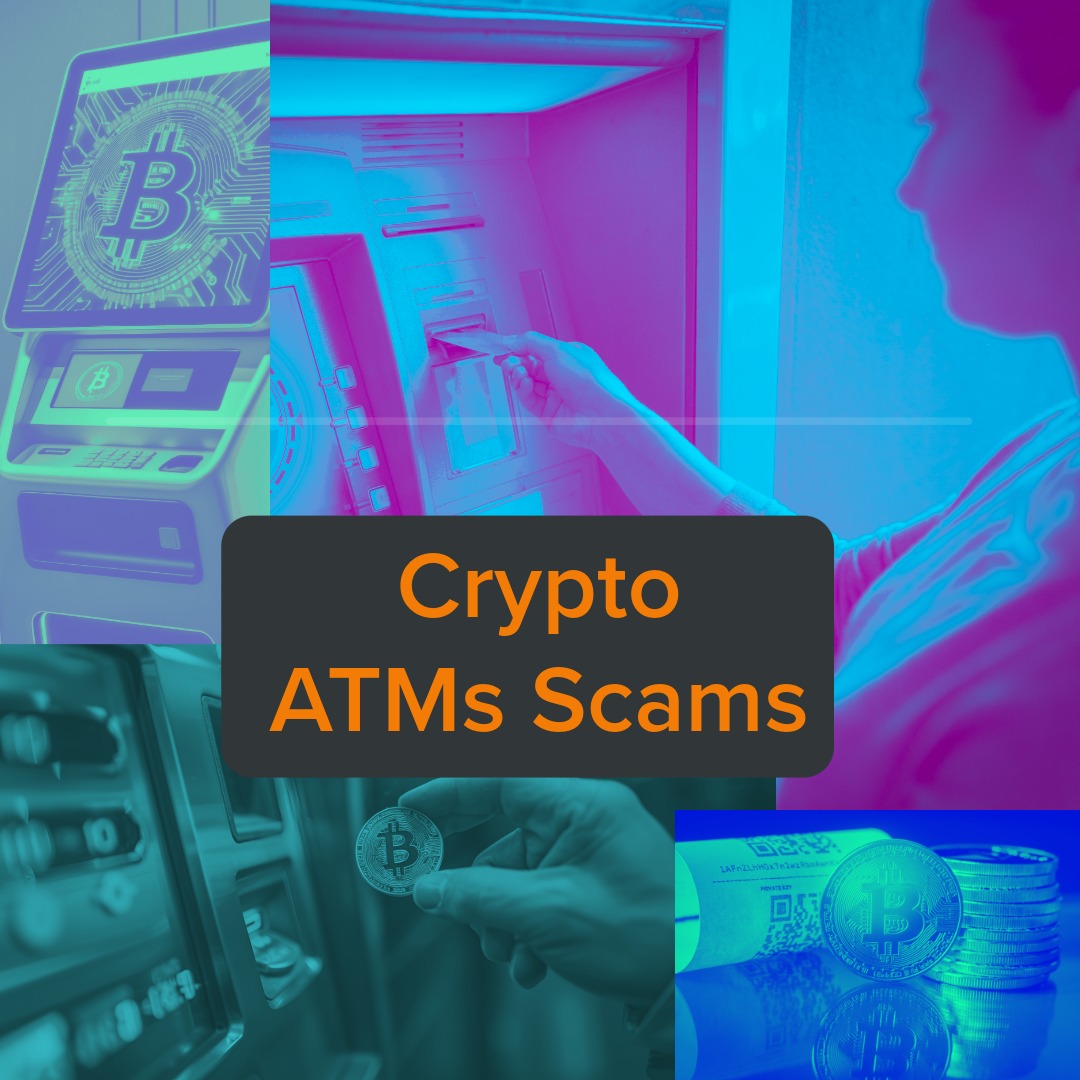 One potential scam to watch for is the Crypto ATM (also known by a number of other names, including Bitcoin ATM) is an electronic kiosk designed to facilitate buying cryptocurrencies using any financial transaction card, including a credit card or debit card. These machines look like traditional ATMs and are located in all the same kinds of places: gas stations, convenience stores, malls, and other high-traffic areas.
One potential scam to watch for is the Crypto ATM (also known by a number of other names, including Bitcoin ATM) is an electronic kiosk designed to facilitate buying cryptocurrencies using any financial transaction card, including a credit card or debit card. These machines look like traditional ATMs and are located in all the same kinds of places: gas stations, convenience stores, malls, and other high-traffic areas.
Learn more about how crypto ATMS work and how they are used to facilitate scams.
Also, learn the red flags of how to spot the "Crypto Queen" who who claims to be registered crypto trader.
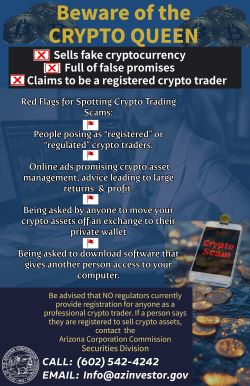
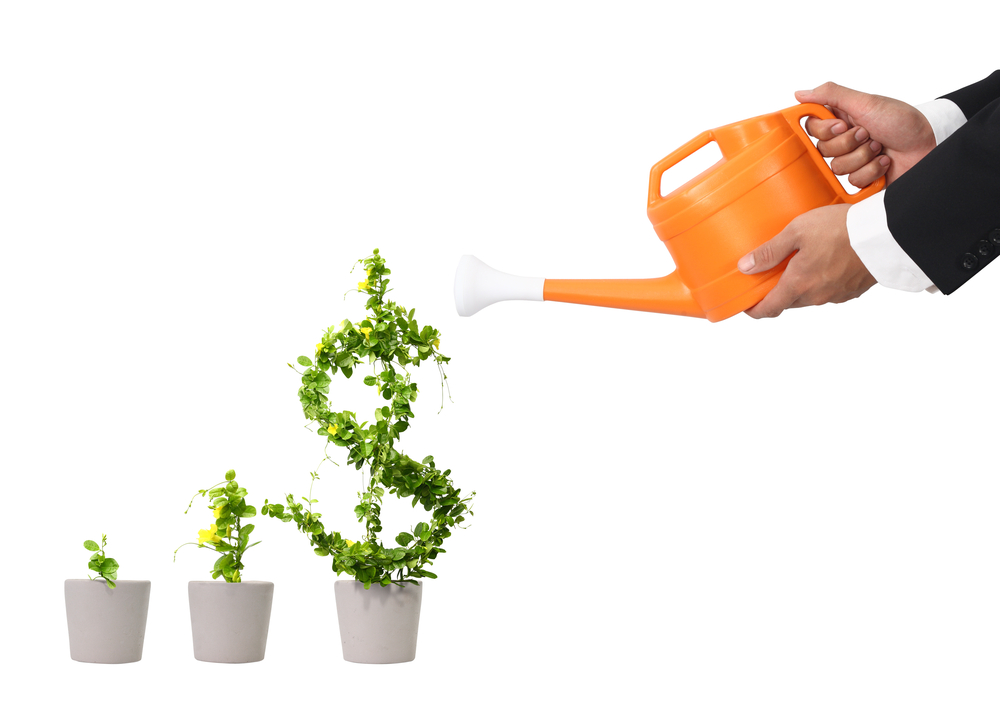
Address:
1300 W. Washington St,
Phoenix, AZ 85007
Phone:
Main:
(602) 542-0662
Toll Free In-State Only:
1 (866) VERIFY-9
(1-866-837-4399)
Email:

Arizona Corporation Commission
Phoenix Office
1200 W. Washington Street
Phoenix, AZ 85007
> Commissioners
> Executive Director
> Legal
> Utilities
> Docket
> Hearings
Arizona Corporation Commission
Phoenix Office
1300 W. Washington Street
Phoenix, AZ 85007
> Administration
> Safety
> Corporations
> Securities
Arizona Corporation Commission
Tucson Office
400 W. Congress Street
Tucson, AZ 85701
> Corporations
> Hearings
> Utilities
